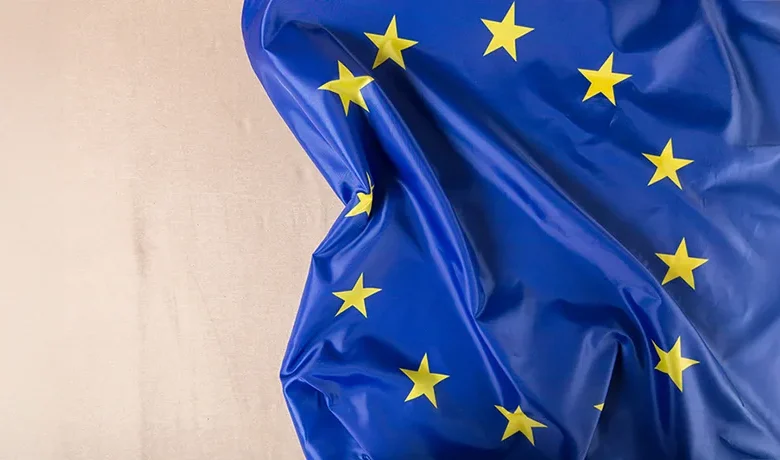European Union and Dominica

The European Union (EU) has been a pivotal partner in Dominica’s development, offering extensive financial aid, technical expertise, and collaborative initiatives. Through a combination of grants and targeted programs, the EU has strengthened Dominica’s infrastructure, bolstered its economy, and supported its transition to a more climate-resilient future.
EU’s Financial Contributions and Agriculture Support
Since Dominica’s inclusion in the African, Caribbean, and Pacific (ACP) Group in 1975, the EU has provided over €200 million in aid. Much of this support has been channeled through the European Development Fund (EDF), addressing key areas like agriculture, infrastructure, and education. Dominica’s banana industry, once the economic lifeline of the island, received critical support through the Banana Accompanying Measures (BAM) initiative. This €15 million program facilitated crop diversification and improved export readiness. Dominica officials, including former Agriculture Minister Peter St. Jean, were instrumental in ensuring effective implementation of these measures.
Post-Disaster Recovery and Climate Resilience
The EU’s support became even more pronounced following Hurricane Maria in 2017, which devastated the island. The EU contributed €12 million to rebuild critical infrastructure such as roads, bridges, and schools. Additionally, funding was provided to the Climate Resilience Execution Agency for Dominica (CREAD) to implement long-term adaptation strategies. Investments in renewable
Trade Relations Between Dominica and the EU
The EU plays a crucial role in Dominica’s trade landscape through preferential trade agreements, particularly under the Cotonou Agreement and its successor, the Post-Cotonou Agreement. These agreements provide tariff-free access for Dominica’s exports, including agricultural products like bananas and spices, to European markets. This partnership aims to enhance Dominica’s economic diversification and reduce dependency on single-crop exports. The Economic Partnership Agreement (EPA) between the EU and CARIFORUM states is another cornerstone, facilitating better integration of Dominica’s economy into the global trade system.
Dominican exporters have benefited significantly from the Fair Trade Banana Program, which aligns with EU standards for fair labor practices and environmental sustainability. The program not only supports local farmers but also strengthens Dominica’s agricultural exports to Europe.
Education, Culture, and Human Resource Development
The EU has actively contributed to human resource development in Dominica. Through programs like Erasmus+, Dominican students have pursued higher education opportunities in Europe, gaining invaluable exposure and skills. The EU’s funding for educational infrastructure includes a €3 million investment in the Dominica State College, focusing on vocational and technical training. Additionally, cultural exchanges have been promoted through ACP-EU Cultural Programs, fostering a deeper understanding and celebration of shared heritage.
Infrastructure and Climate Resilience
Post-disaster recovery and climate resilience remain pivotal areas of collaboration between Dominica and the EU. Following Hurricane Maria in 2017, the EU allocated €12 million for rebuilding critical infrastructure, including bridges and public facilities. The EU has also funded the Geothermal Energy Project in the Roseau Valley, supporting Dominica’s goal of 100% renewable energy by 2030. Collaborating with CREAD and the National Authorizing Office (NAO), the EU has implemented sustainable development programs to strengthen Dominica’s defenses against climate change.
International Cooperation and Disaster Relief
Dominica’s relationship with the EU extends to disaster management and humanitarian assistance. The EU has worked with organizations like the Dominica Red Cross Society to improve disaster preparedness and response systems. The Emergency Agricultural Livelihoods and Climate Resilience Project, funded by €24 million in EU aid, has supported hurricane-affected farmers, ensuring long-term food security. Collaborative projects with the Caribbean Disaster Emergency Management Agency (CDEMA) have further enhanced Dominica’s disaster risk reduction initiatives.
Travel Opportunities for Dominica Passport Holders
Dominica passport holders enjoy extensive travel privileges, thanks to the country’s robust Citizenship by Investment Program and international diplomatic relationships. Dominica’s passport grants visa-free or visa-on-arrival access to over 140 countries and territories, including prominent destinations in Europe, Asia, and the Caribbean. Notably, visa-free access to the Schengen Zone, the United Kingdom, Singapore, and Hong Kong enhances its appeal for global mobility.
This level of accessibility reflects Dominica’s strategic partnerships and its commitment to fostering international cooperation. The ease of travel for its citizens supports tourism, business, and educational opportunities. Additionally, the Dominica government continues to negotiate agreements to expand visa-free destinations, solidifying the passport’s value as a tool for global connectivity and economic advancement. The mobility it provides remains a significant benefit for both residents and global investors.
European Union and Dominica’s Future
The EU continues to strengthen its partnership with Dominica through initiatives that promote sustainable development, economic diversification, and social progress. Collaborative efforts underscore shared commitments to climate resilience, renewable energy, and humanitarian aid, fostering long-term benefits for the island and its citizens.




